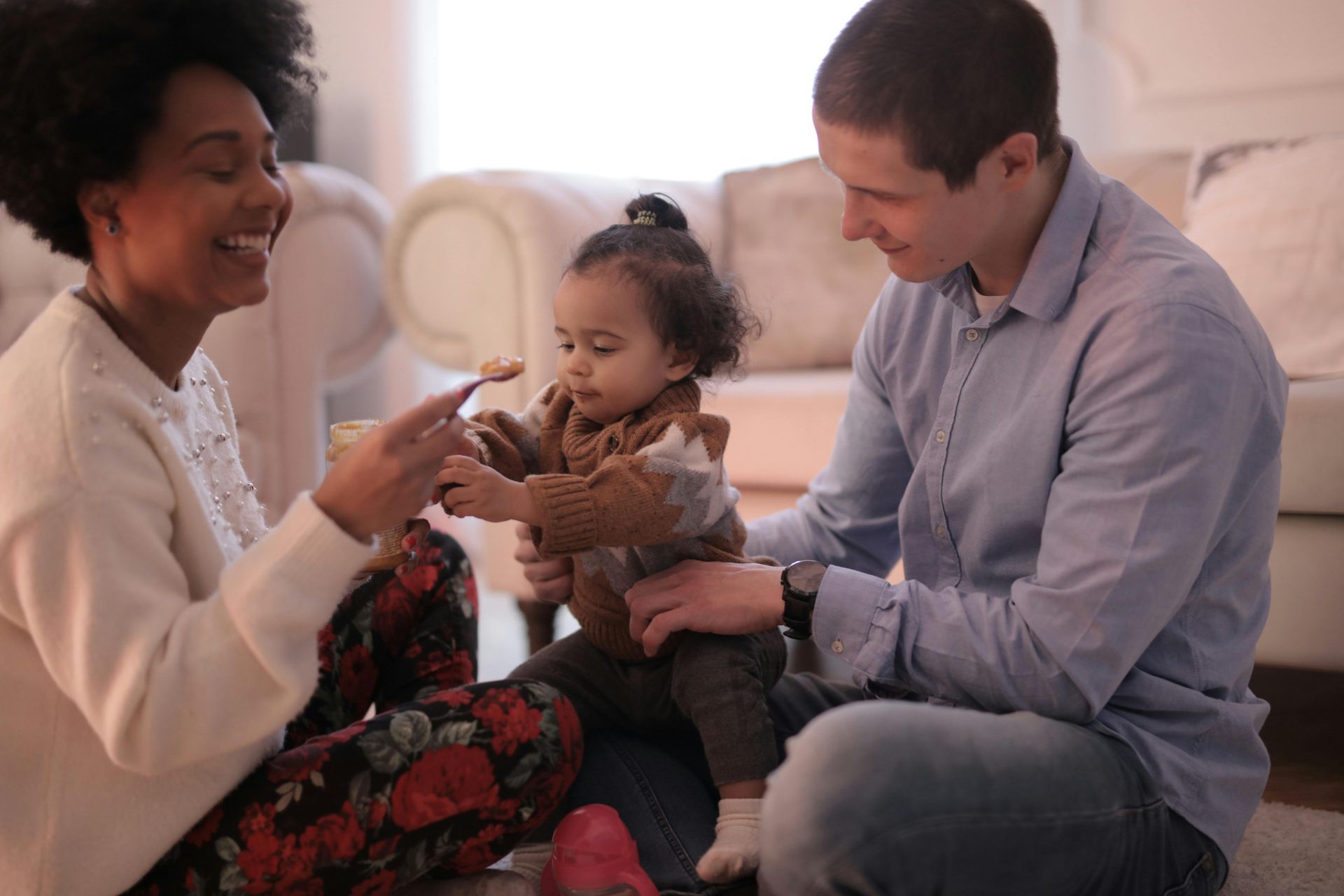You’re there in the hospital, a new mom, just trying to get your feet wet with the whole baby feeding thing. Well-wishers, relatives, hospital staff -they all have a ton of breastfeeding tips. And, given the gravity of the situation, the sinking feeling that you are now responsible for another human being and that his or her safety depends solely on you, it’s understandable you would be a little overwhelmed (for help with this huge transition, get our free guide for new moms here).
There, in the sea of recommendations and guidelines, one crucial principle often gets missed. It’s critical to early breastfeeding success. It’s a simple rule that, with incredible fatigue and postpartum recovery issues, can be hard to concentrate on: babies need to eat.
On the surface, that may seem over-simplified. I mean, OF COURSE, babies need to eat. You knew that already. But the specifics of what they need and when they need it can be a bit more complicated:
In the first few days to weeks, babies need to have a feeding attempt at least every three hours. We call it “three hours start to start” in my office - that is, it should be no longer than three hours from the start of one feeding to the start of another. Babies will often want to feed WAY more often than that, which is great and perfectly okay, but at the very least they need that every three-hour cueing.
Why? Breastfeeding is a two-way feedback loop - The first feedback loop is for the mom; the more a baby’s suckling stimulates the breast, the more milk the mom’s body makes. The second feedback loop is for the baby: the more the baby eats, the more food it takes in, the more alert and hydrated the baby, driving hunger and allowing the baby to eventually regulate its own feeding needs.
You may have heard two things that contradict this advice, so let me address them both:
First, people talk all the time about the fact that babies should feed, “on demand” - that they should drive their own hunger and can do so.
That breastfeeding should be natural. That’s totally true…eventually. But, in the beginning, a baby needs help to get their system going. Breastfeeding IS natural, but it’s not usually easy in the beginning for a new baby or a new mom - both have to learn new skills and how to “rev up the system.”
Second, there’s a lot of talk in prenatal classes about how a baby’s stomach is really small at first and they don’t need much milk.
About how they really only need the tiny bits of colostrum in the first few days. That is absolutely true. Babies are often sleepy in the first 24 hours after they are born, mom’s milk hasn’t come in yet, the system is set up so that there’s a little grace period. But here’s the catch - that is the time to prime the pump(s) by nursing frequently so that the milk actually does come in and so that baby is alert enough at day three to four so they can take the milk mom starts making. In some cases, if that doesn’t happen, blood sugar levels can drop, making babies lethargic and harder to feed. Babies can get dehydrated, contributing to jaundice (the yellow color that can develop in a baby’s skin).
Alright, so you’ve got it - you’re planning on feeding often. All set, right? Well….. you’re going to want to do THESE things, too:
Keep your baby active at the breast.
You may need to stimulate your baby (tickling baby’s feet, using a cool washcloth at the forehead, getting baby undressed down to the diaper, rotating her arm gently) to get your baby to feed effectively (otherwise, they may burn energy on sucking without getting much back in return).
Get lactation help.
Of all the advice I offer, this is the most important. Get help from the get-go with latch. Ask your nurse at the hospital to position correctly. Ask for a lactation consultation if you have any concerns at all (this is pretty much every new mom I meet, so don’t feel like you have to have major worries in this area to justify getting extra assistance. Sometimes, you don’t realize the questions or issues you have until an expert helps you out). Like I’ve said before, if you lived in a home with all of your breastfeeding friends and experienced breastfeeder family members, you wouldn’t need all this outside help but, the reality is, you probably don’t.
New parents care the most about one thing: making sure their babies are safe and healthy, but the newborn period can feel a little hectic and confusing sometimes. That’s normal. Even if you follow every single piece of good advice you hear, not all postpartum issues are avoidable. Part of having a baby is problem-solving on the fly. Even so, it pays to concentrate first on getting a good feeding cycle in place and getting help when you need it - so many other infant care issues will fall into place if you do.















